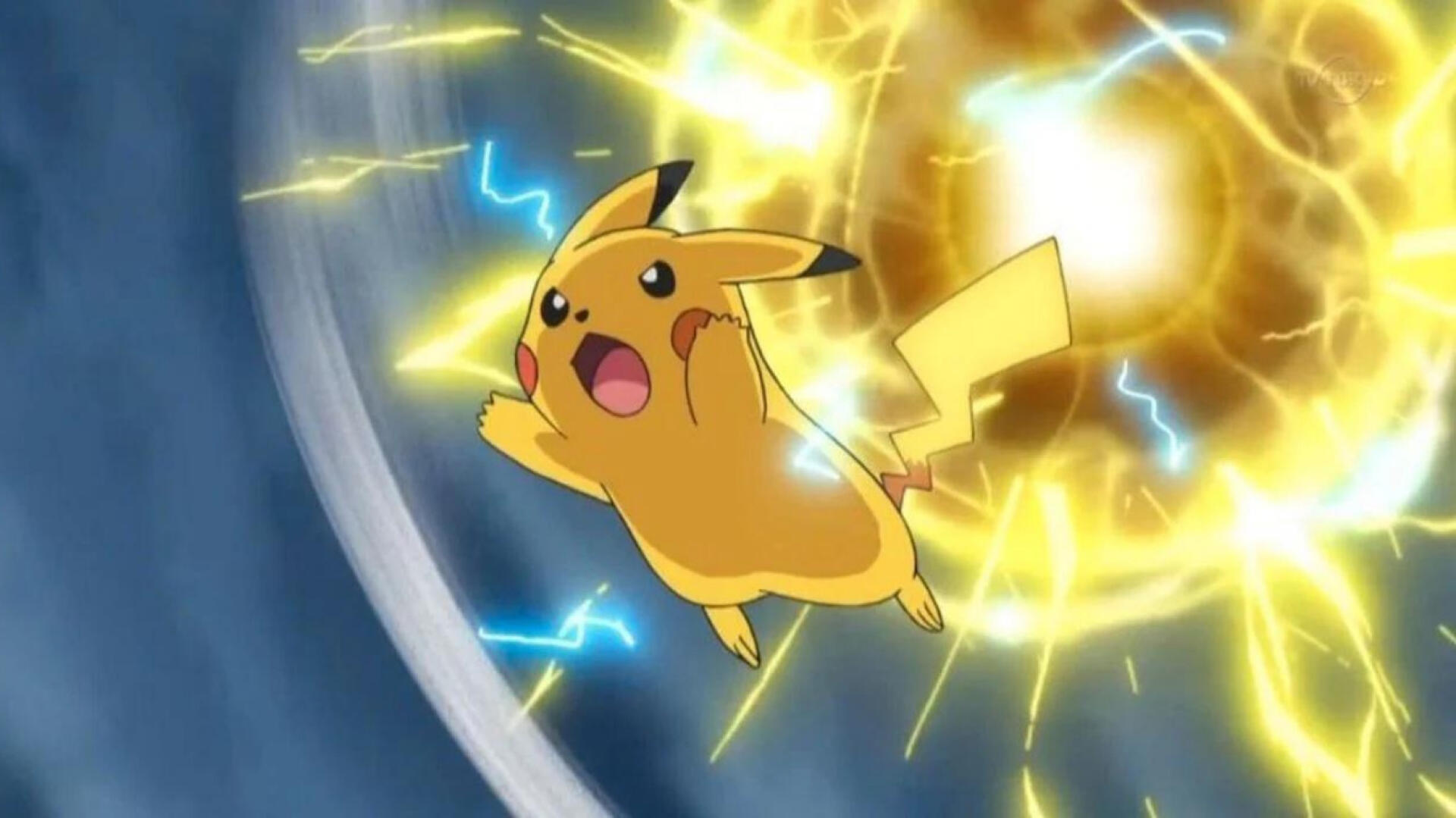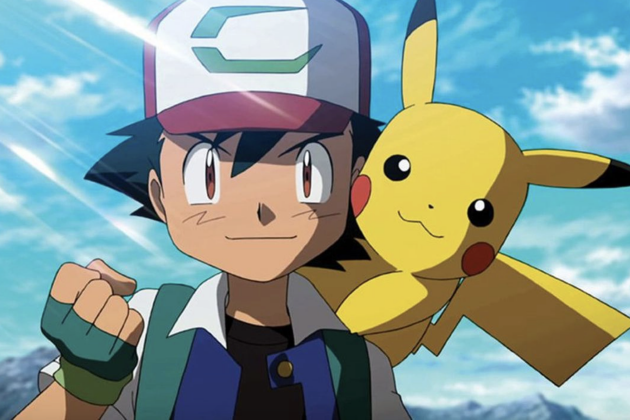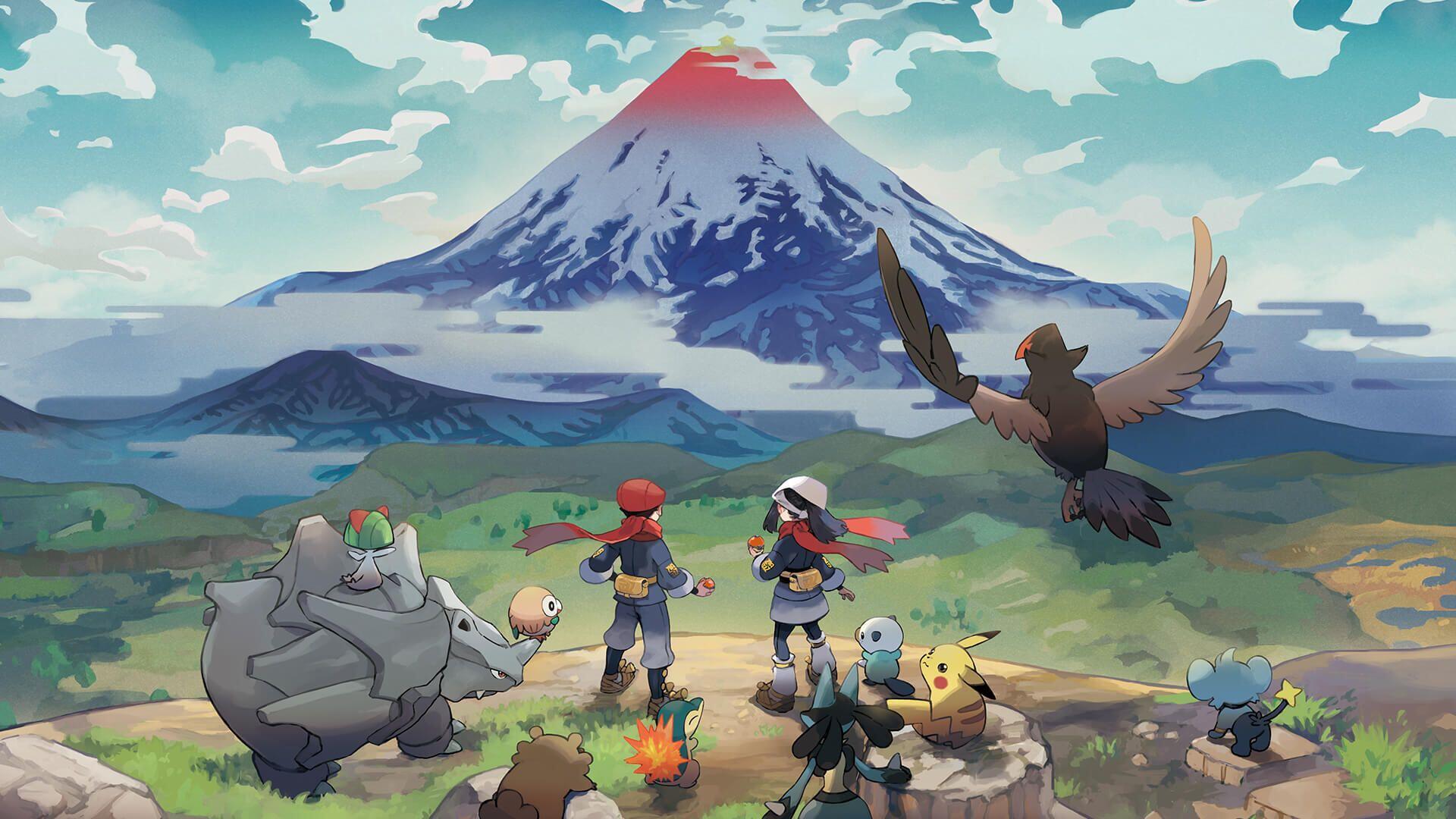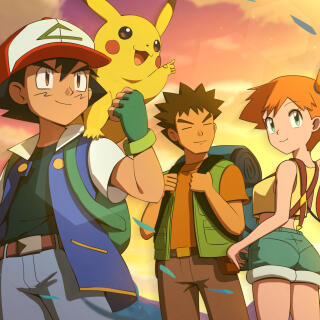Sacha and Pikachu are in for last hurrahs. On Friday, January 13, in Japan, an epilogue spanning over 11 episodes will draw a close to the adventures of the two flagship characters of the animated series Pokémon.
They incarnated the two leading characters since the launch of the show in April 1997 on TV Tokyo. In spite of their harmless appearance, the perpetually ten-year-old boy and his companion blessed with electric powers rose to the status of global stars: Their stories were broadcast in 192 countries over 25 seasons – representing more than 1,200 episodes – and 23 movies.
The Pokémon Company is now looking to modernize the anime television series, which was a childhood favorite for generations born between the mid-1980s and the late 2000s. On December 16, the Japanese corporation said a new series will take over from April.
Sasha's successors are to be named Liko and Roy. They will be accompanied by Sprigatito, Fuecoco and Quaxly, the three original Pokémon introduced in the Pokémon Scarlet and Violet video games, available since November 17.
This use of the animated series as licensed merchandise from Nintendo's video games is a strategy that was deployed since the beginning of the franchise. The series was conceived as such from the very start: The filmed adventures of Sacha and Pikachu were intended to follow on from the first two video games designed by Satoshi Tajiri, Pokémon Green and Red, which were marketed in 1996 in Japan on the Game Boy console.
'Pokémon shock'
Sacha's adventures influenced the license. Pikachu owes his fame to them. As a matter of fact, players started with other companions in the first two titles: Squirtel, Bulbasaure or Charmander. But Pikachu was ultimately proposed as a basic Pokémon in a video game, Pokémon Yellow (1998), designed to accompany the television success.
The other major characteristic of the series is the language the Pokémon use. They express themselves by repeating their names in different tones – "Pika pika?" : in the video games, the adorable monsters are not able to talk.
Having acquired global fame, the Japanese children's series almost came to an end following its 38th opus. On December 16, 1997, a sequence of the episode "Computer Warrior Porygon," which narrates a computer attack, caused nausea, vomiting and epileptic seizures among viewers during its broadcast on TV Tokyo.
The fire department of the Japanese capital reported 618 cases at the time, including a hundred hospitalizations. Stroboscopic colored flashes produced during one of Pikachu's battles were incriminated.
Referred to as the "Pokémon shock" (Pokémon Shokku in Japanese), the affair triggered a scandal in Japan and abroad. For four months, Pokémon was taken off the air and the episode in question was never shown again.
This "Pokémon shock" led to the introduction of strict regulations on colored flashes in Japanese animation. As a result, the children's show was allowed to resume in April 1998. In the end, the export strategy of Nintendo and the Pokémon Company outweighed the controversy. The program was sold to the United States and adapted to English the same year.

Worried parents in France
In France, the series was broadcast in September 1999 on the Fox Kids cable channel and then, in January 2000, on TF1. Nintendo's commercial strategy, based on extreme "franchising" of the license, was considered aggressive: As early as December 1999, Le Monde quoted parents saying it was "practically impossible to escape the all-out multimedia trap."
After a decade marked by the stigmatization of Japanese series – which parent organizations and politicians considered violent or stupid – shows such as Pokémon still suffered from a poor reputation in France, said Marie Pruvost-Delaspre, a lecturer in the Cinema Department of the University of Paris-8 Vincennes-Saint-Denis:
"There was moral panic around the issue of the commoditazing of childhood. It is an extremely recurrent polemic in France, which questions the educational dimension of children's programs and the protection of the youngest from the commercial strategies of big brands."
The spread of Pokémon via three media (video games, television and cards) was quite unusual for the French at the time, Ms. Pruvost-Delaspre said. "Before, viewers were rather familiar with an association between manga and series, as was the case with Dragon Ball, for example."
Successful well beyond Japanese borders, the Pokémon recipe was then imitated by other licenses such as Yu-Gi-Oh (1999) and Digimon (1999). Ms. Pruvost-Delaspre pointed out, however, that the French responded to Pokémon in a particular way: "From the moment it was broadcast, the series became more famous than the video game in France. That was quite different from the situation in Japan. There, the TV series was mainly used to fill the gaps between two video game releases, which were the most popular media."
Standardized
Drawing on its expertise in the creation of video games, Nintendo ensured the success of its franchise by blurring its origins: Architecture, clothing and food were as standardized as possible and Pokémon was set in imaginary places. It did not boast about Japanese culture or the way of life of the Japanese.
At the end of the 1990s, the studios had opted for a form of cultural smoothing to avoid controversy and export more easily to western countries. Pikachu hence became a figure of globalization, as the Japanese academic Koichi Iwabuchi wrote at the time in Recentering Globalization (2002), while remaining "culturally neutral."

In turn, the series' broadcasters adapted its dialogues to the local features of their audiences. Named Satoshi in Japan, the young trainer was called Sacha du Bourg-Palette in France and Ash Ketchum in the US.
"The Pokémon animated series and movies distributed worldwide, with the exception of some Asian countries, were 'Americanized' by Nintendo of America, which erased their most specifically 'Japanese features,'" wrote Mr. Iwabuchi in the article "How Japanese is Pokémon?" (2004).
That did not stop some foreign fans from making fun of poor translations such as "onigiri" – a Japanese specialty made from rice balls – referred to as "jelly doughnuts" in the episode "Primeape Goes Bananas." The sequence in question, where donuts do not look like donuts at all, even became the subject of many meme transformations online.

